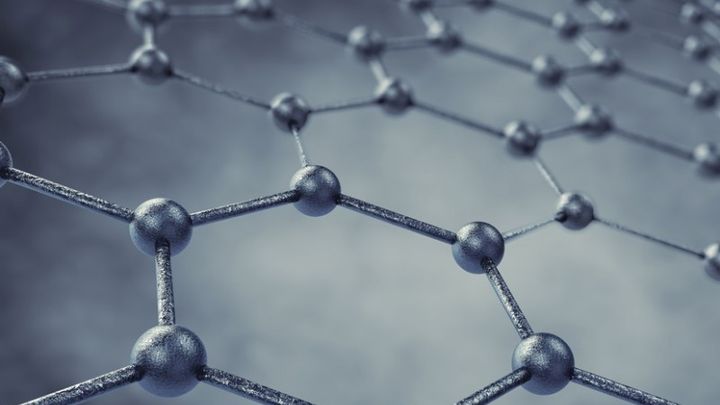
Graphene Desalination-Ariah&Sai
As part of our senior capstone graduation requirement, Sai and I (Ariah, that is) have decided to engineer a graphene/graphene oxide based desalination system.
This leads to the question of: "What the hell is that?"
Well, basically we are trying to make two graphene sheet filters perforated with holes the sizes of less than 0.7 nm. We'll be suspending these filters within pvc piping so that salt will be blocked and fresh water will flow out (when needed pressure is added).
The perks of this project are a duo deal:
The first is that desalination would be a great option for a growing population's water needs if it wasn't so energy consuming. Current desalination proccesses require a ton of pressure (polyamide membranes) to push salt water through current membranes used. There's that, or perhaps boiling the water and saving the nonsalty evaporated bits... which, also takes a ton of energy.
That's where graphene comes in. It is so thin its called a 2D compound. Its width is about 0.34 nanometers and it is the strongest material there is. Stronger than diamonds, you say? Yeah, if diamonds are Arnold Schwarzenegger graphene is Bruce Banner.
All this leads to the conclusion that graphene filters could be made to be very thin and very strong. This would require less pressure to push the water through the filters and thus: energy savings for the environment.
The second perk of this project, is the new and upcoming knowledge graphene based research adds to science. Right now graphene is being used to create supercapacitors and super light and strong gels. Research on graphene oxide has predicted that it could even be used for biological filtering like kidney dialysis. It is some damn good stuff to be getting into, and Sai and myself are actively researching it. We are trying to write a short booklet/review on the current methods of creating graphene.
What this go Fundme page is for is to aid in some of the material and operation costs of producing both the desalination system and the graphene filters. Graphene oxide tends to run sort of expensive with prices ranging around: 119 dollars for 250ml at a concentration 4 mg/ml. That and pvc piping are going to be a financial strain.
If you'd like to help the project progress along, it would be greatly appreciated.
This leads to the question of: "What the hell is that?"
Well, basically we are trying to make two graphene sheet filters perforated with holes the sizes of less than 0.7 nm. We'll be suspending these filters within pvc piping so that salt will be blocked and fresh water will flow out (when needed pressure is added).
The perks of this project are a duo deal:
The first is that desalination would be a great option for a growing population's water needs if it wasn't so energy consuming. Current desalination proccesses require a ton of pressure (polyamide membranes) to push salt water through current membranes used. There's that, or perhaps boiling the water and saving the nonsalty evaporated bits... which, also takes a ton of energy.
That's where graphene comes in. It is so thin its called a 2D compound. Its width is about 0.34 nanometers and it is the strongest material there is. Stronger than diamonds, you say? Yeah, if diamonds are Arnold Schwarzenegger graphene is Bruce Banner.
All this leads to the conclusion that graphene filters could be made to be very thin and very strong. This would require less pressure to push the water through the filters and thus: energy savings for the environment.
The second perk of this project, is the new and upcoming knowledge graphene based research adds to science. Right now graphene is being used to create supercapacitors and super light and strong gels. Research on graphene oxide has predicted that it could even be used for biological filtering like kidney dialysis. It is some damn good stuff to be getting into, and Sai and myself are actively researching it. We are trying to write a short booklet/review on the current methods of creating graphene.
What this go Fundme page is for is to aid in some of the material and operation costs of producing both the desalination system and the graphene filters. Graphene oxide tends to run sort of expensive with prices ranging around: 119 dollars for 250ml at a concentration 4 mg/ml. That and pvc piping are going to be a financial strain.
If you'd like to help the project progress along, it would be greatly appreciated.
Organizer
Ariah Mackie
Organizer
Santa Cruz, CA